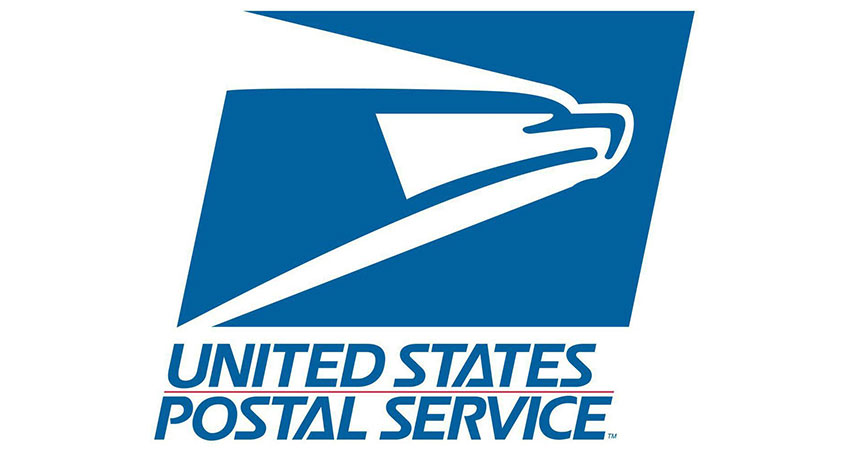The upcoming lame duck session of Congress after the elections is the perfect time for lawmakers to consider legislation that would address the choking debt faced by the U.S. Postal Service caused by prefunding of retiree health benefits, said the head of a USPS advocacy group.
But don’t hold your breath on that happening in the current climate of Washington, DC.
Art Sackler, manager of the Coalition for a 21st Century Postal Service, said the USPS has defaulted on $41 billion in payments since 2012 related to the pre-funding mandate, put in place as part of the 2006 Postal Accountability and Enhancement Act.
Members of the coalition include newspaper and magazine publishers, printing and paper companies, catalogers and direct marketers, packaging companies, banks and telecommunications providers.
Sackler said while there is $120 billion in liabilities on the USPS balance sheet, operationally it has been about break-even over the past decade, thanks in large part to double-digit gains in parcel delivery driven by ecommerce growth.
“What we need to do is try to stabilize (the USPS) in the short term, building a bridge to permit longer-term structural changes, maybe from (President Trump’s) postal task force,” Sackler said. “Structural changes can only be enacted through Congress, not Trump. And fundamental changes take several Congresses to accomplish.”
One bill in Congress that has bipartisan support, Sackler said, would move $10.8 billion from the prefunding account into Medicare, which 20% of USPS retirees qualify for, switching them into that coverage. The fund would get replenished over time through a combination of payments from the USPS, revenue from postage and sale of USPS property. Sackler said this should be able to more than replenish the fund and eliminate the liability without any taxpayer funding.
The Congressional Budget Office estimates the House bill if enacted would lead to $6.3 billion in savings, Sackler said.
“It’s a win-win-win all around,” he said. “The 20% of USPS retirees probably wouldn’t be happy as they’ve never been on Medicare before. But we’re trying to follow industry best practices with healthcare, where many corporations require retirees to flip to Medicare once they hit 65.”
While USPS privatization has been floated as a solution by Trump and others, Sackler said it’s a bad idea.
“Spinning off the USPS or selling it or making it into an employee-owned organization or anything like that just won’t work,” he said. “If look at privatization that occurred in Europe and elsewhere, service is down, prices are up and the governments have retained the liabilities.”
Sackler also said postal privatization examples from countries like Finland, the Netherlands or the UK wouldn’t translate that easily to the U.S. For one thing the difference in volume is enormous, with the U.S. carrying 42% of the world’s mail. Most at risk in this scenario, Sackler said, would be rural residents who rely on postal delivery for commerce, communication and even medications. Forty-four million out of 157 million USPS addresses are in rural areas.
“You won’t find anyone outside of a government entity willing to deliver packages to the bottom of the Grand Canyon or the wilderness of Alaska,” he said. “With the USPS’s statutory mandate for universal service and mandatory pricing, that wouldn’t happen with the private sector.”

